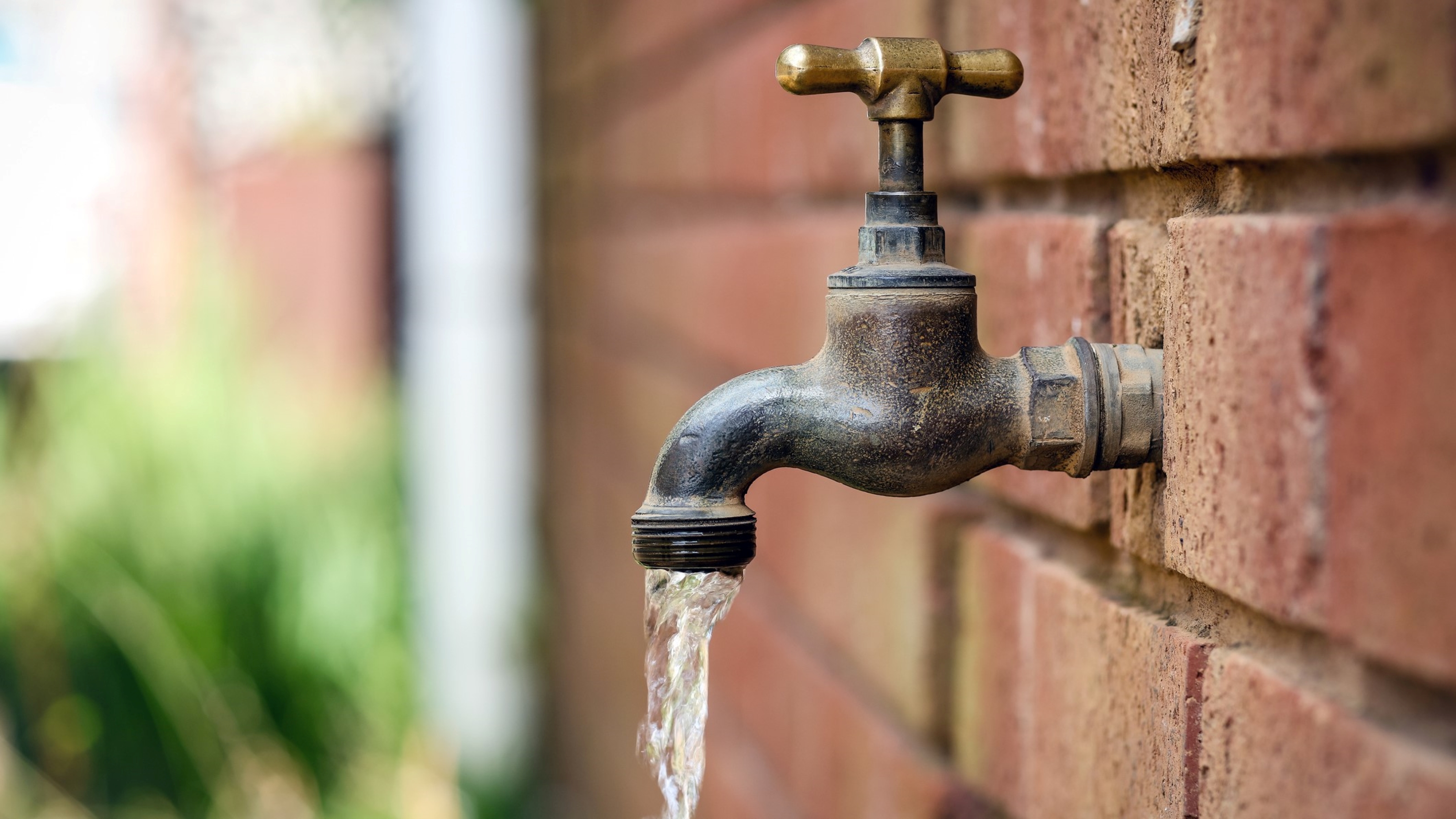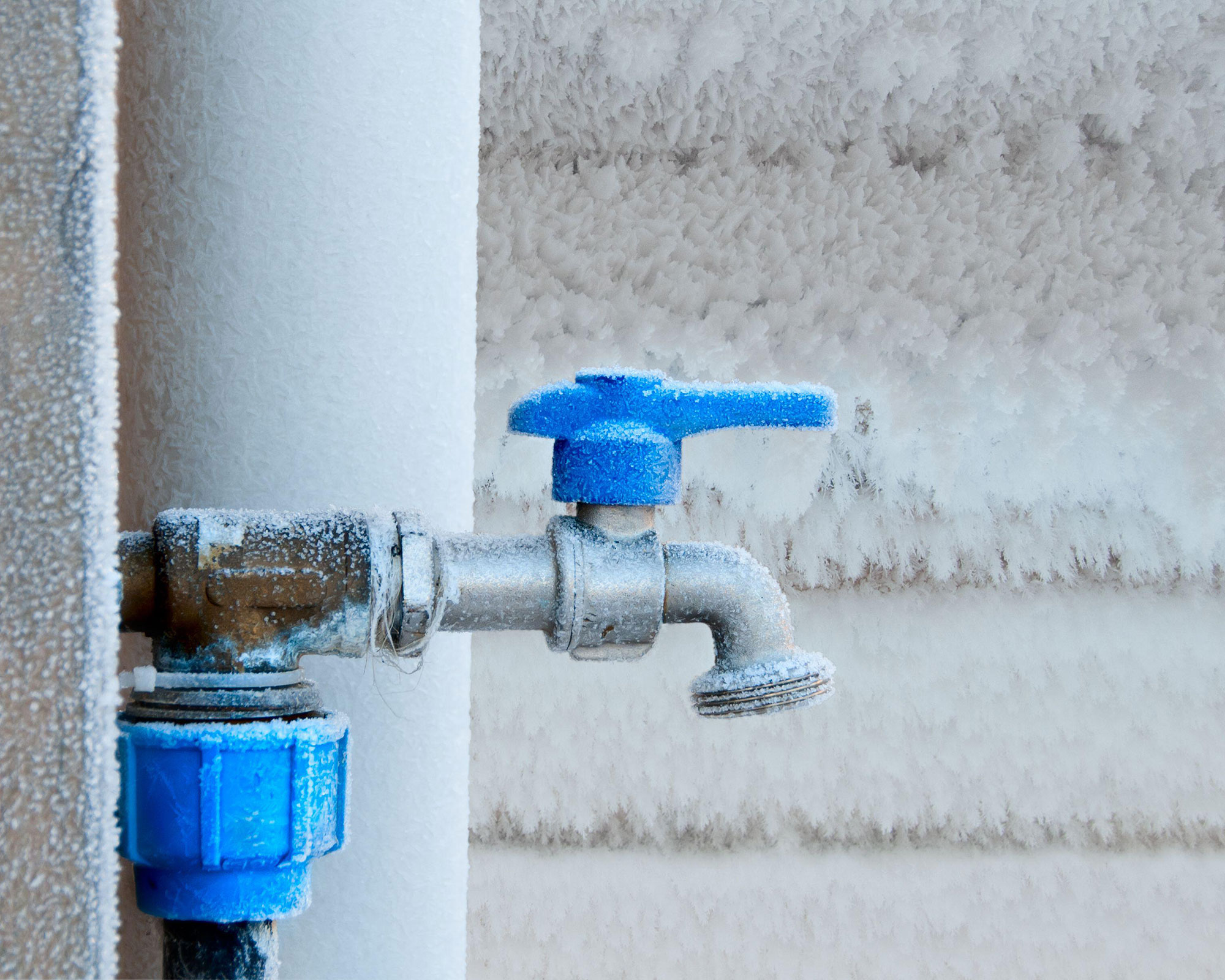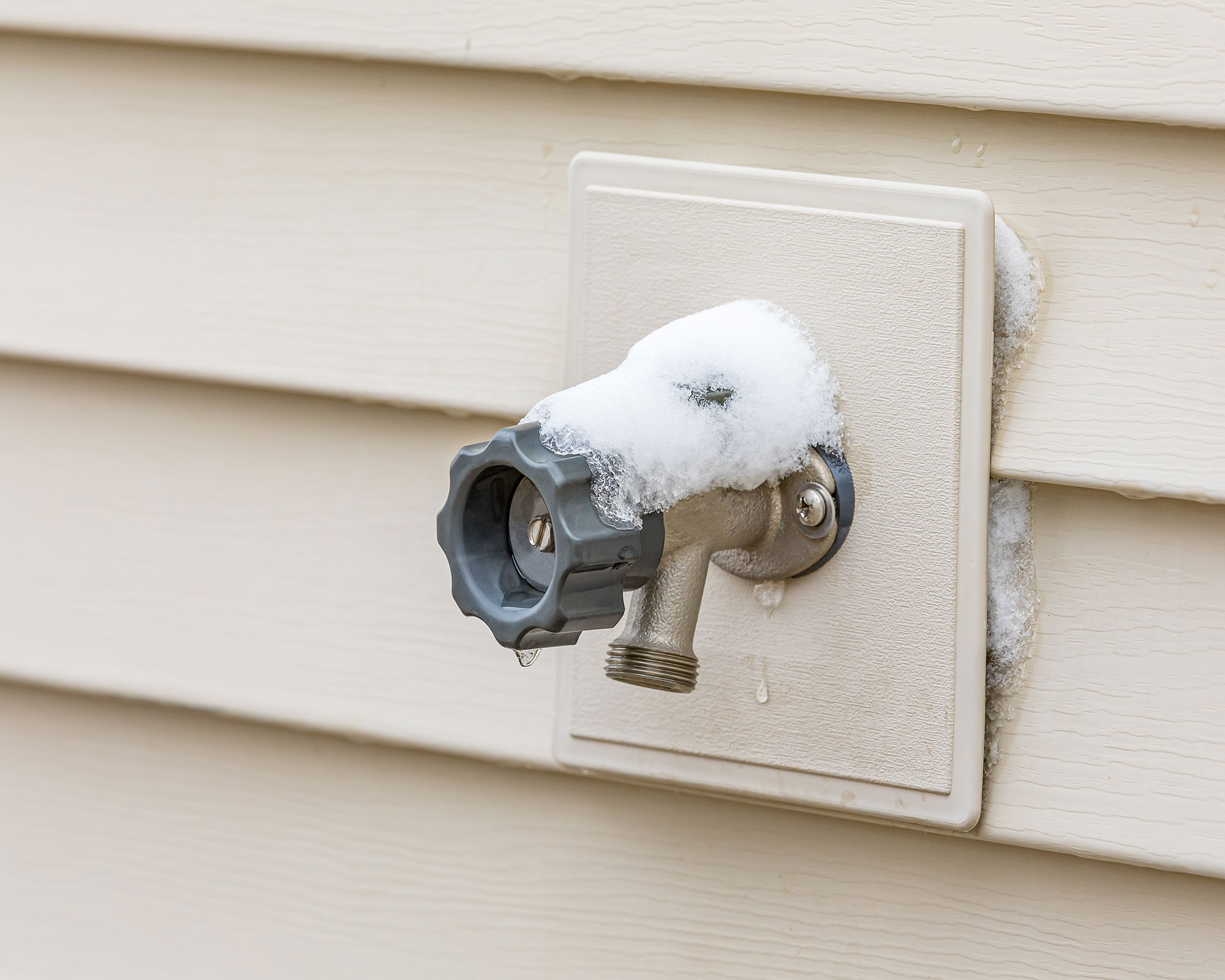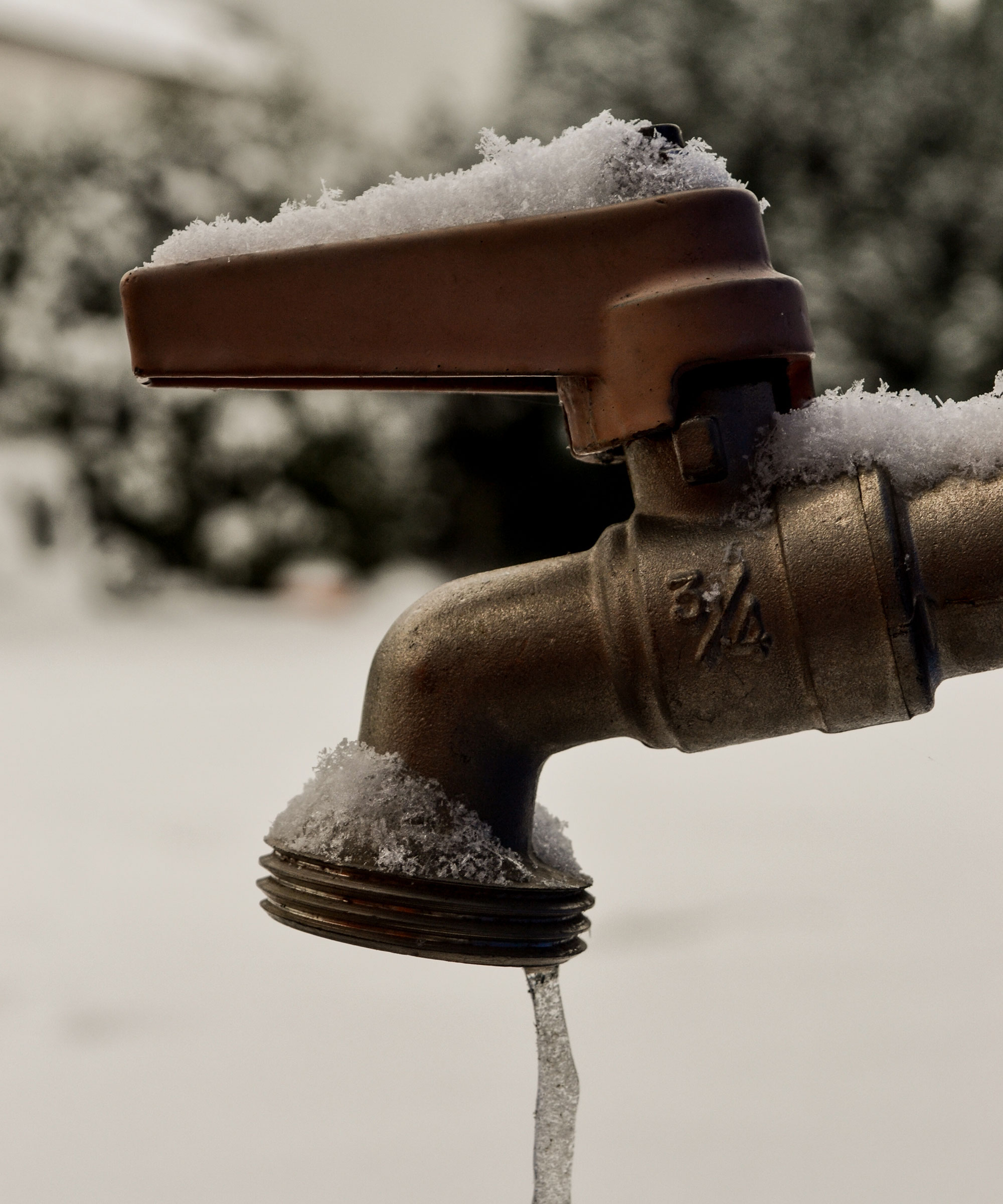Should you winterize an outdoor faucet? Experts offer their cold weather tips
Find out how to winterize an outdoor faucet to protect it from colder temperatures

With winter fast approaching, many homeowners will want to know how to winterize an outdoor faucet. Fortunately, this is an easy process suitable even for DIY beginners with no prior experience dealing with outdoor plumbing.
In most cases, outdoor faucets can be winterized within minutes, unless yours is leaking or damaged. Just like winterizing a sprinkler system, there are many benefits of winterizing your faucet to ensure it remains fully functioning after a prolonged period of cold weather.
Home maintenance experts explain the reasons why you should do it and the best way to complete this essential yard maintenance task.
Why should I winterize an outdoor faucet?
First, though, what is the reason behind needing to winterize an outdoor faucet in the first place? Maria Ivanova, cleaning and home maintenance expert and founder of Master Maid, says that the most important reason 'is to prevent freezing. Freezing can happen quickly when temperatures drop below 32˚F, which can lead to your pipes freezing.' Frozen pipes can burst, which will result in a costly repair.
Bear in mind that not all faucets need winterizing as part of your winter garden jobs. You can install a frost-free faucet if you want your faucet to remain operational year-round. Older homes, however, often have non-frost-proof faucets. Fortunately, winterizing a faucet is very easy.

How to winterize an outdoor faucet in 5 simple steps
Learning how to winterize an outdoor faucet is straightforward. Here's how to do it:
- Shut off the water supply to the faucet. The shut-off valve for outdoor faucets is typically located either in the basement of your home or in a crawlspace close to the wall where the faucet is located.
- Inspect the faucet for leaks. Maria Ivanova cautions homeowners that 'if there are any leaks around the base of your faucet, this can cause water to freeze faster than it could otherwise because it will take longer for water to warm up before it travels through pipes or connections to get back into your house.' If you find a leak, it can usually be fixed by replacing the O-ring on your faucet, try Amazon for replacements. If that doesn't do the trick, you'll need to call in a professional plumber before you can finish the winterization.
- Disconnect your garden hose, drain it completely, roll it up and store it away.
- Drain your faucet of any remaining water.
- Insulate your faucet. Although many homeowners choose to skip this step, if you live in an area with extremely cold winters, it can be worth doing. Home improvement expert and author of the Rhythm of The Home blog Stefan Bucur explains that insulation 'not only helps with the winterization process but it also increases energy efficiency and lowers the amount of noise and rattling it produces.' You can simply wrap your faucet in fiberglass and tape it up with duct tape, or you can install an outdoor faucet cover, try Amazon for a wide range.

Should outdoor faucets be left open over winter?
Frost-free faucets can be left open during the winter. If yours isn't frost-free, you need to make sure the water supply is closed off for the winter. Dale Stephen, researcher and home improvement expert at Mowersandyardtools, says: 'If you have an outdoor faucet, be sure to close it off when the weather starts to turn cold. And if you have a timer on your faucet, be sure to turn it off when you're not using it. That way, you won't have to worry about frozen water damaging your pipes.'

Do outdoor faucets need to drip to prevent freezing?
Leaving the faucet dripping is sometimes used to prevent it from freezing, but only use this method in temperatures below 28˚F. Stefan Bucur explains that letting faucets drip 'can be helpful in case the insulation is not enough to fully prevent freezing because flowing water has a lower freezing point.'
Note that if you live in an area where temperatures don't drop that low, there's no benefit to letting your outdoor faucet drip.
When you're prepping your yard for winter, you may also want to consider winterizing your lawn mower to protect it from the cold weather too.
Anna writes about interior design and gardening. Her work has appeared in Homes & Gardens, Livingetc, and many other publications. She is an experienced outdoor and indoor gardener and has a passion for growing roses and Japanese maples in her outside space.
